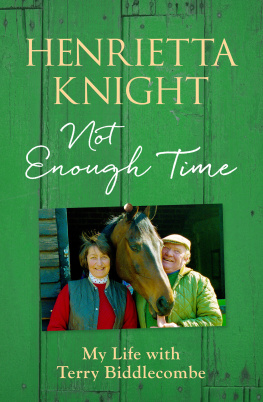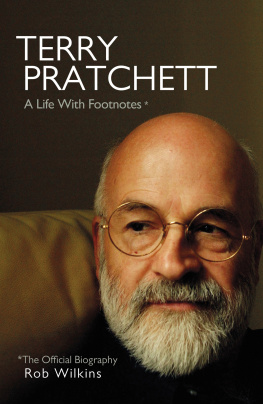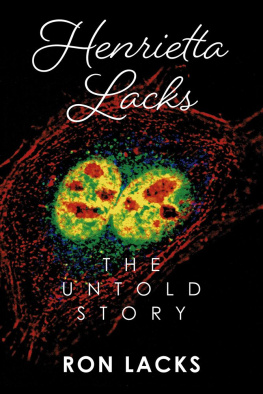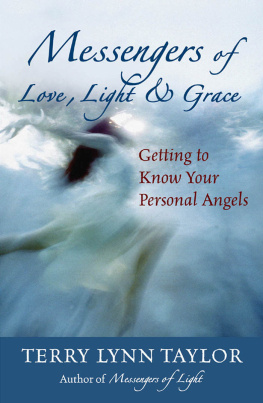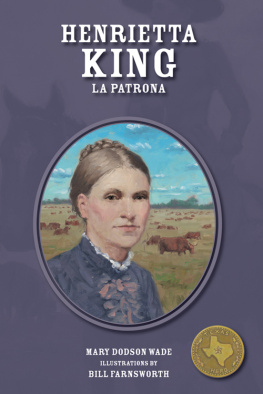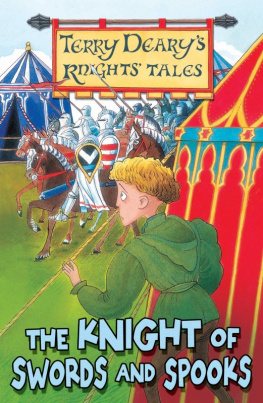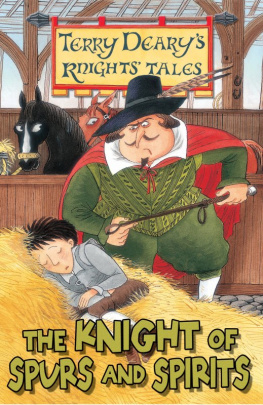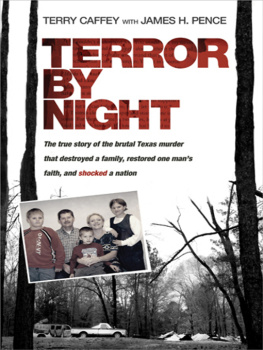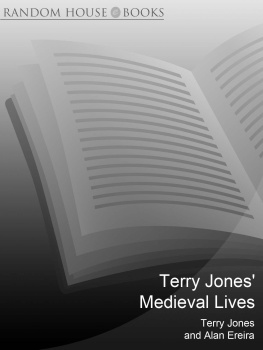
www.headofzeus.com
To read this book as the author intended and for a fuller reading experience turn on original or publishers font in your text display options.
I am dedicating this book to Carol Titmuss who helped me throughout my weeks of writing by doing endless typing. She gave me a great deal of encouragement and seemed to enjoy reading the chapters as they took shape. Her spelling is superb.
Contents
The worst day of my life was Sunday, 5 January 2014. Early in the morning, just after I had given him a little drink of water, my beloved husband, Terry Biddlecombe, lay back on his soft pillow and closed his eyes for the last time. I was alone with him in the farmhouse at West Lockinge in Oxfordshire, where we had lived together for twenty years. During that time we had been inseparable. We adored each other. He was my best friend and my raison dtre .
The previous August I had converted the drawing room into a bedroom, and it was there that I nursed Terry for the final months of his life. He had become desperately ill and, according to the medical profession, had been slowly dying for a number of weeks. We never talked about death and I never believed that I would lose him because, despite his illness, he remained optimistic for the future. His mind was always alert and he dreamed about the days when he would be better and able to stand up and walk again. All the same, he was a surprisingly good patient and resigned to being unable to turn over in bed thankfully, the hospital bed on which he slept could be altered to give him different positions. He appreciated all the help we gave him. He could not feed himself properly, due to the arthritis in his left hand, but he could still hold a glass of whisky with his right one and he kept smiling. He often asked me to give him a kiss, and in return he would stroke my face.
There was no one around when the end came. The house was quiet and peaceful: no telephone, no voices, no dogs not even the cockerel crowing outside. It was just the two of us in the bedroom together. Throughout the night before he died, Terry was exceptionally lucid. As usual, I lay down on my little bed beside him and pushed it up close to him. We held hands and we talked quietly through many of the endless hours of darkness. His breathing was wheezy at times, but he was cheerful despite this recent discomfort. A determined person, he was always ready to fight any new adversity no wonder he had been a champion steeplechase jockey. As dawn broke, however, he slept peacefully despite his breathing problems. When he woke again, it was all the more heartbreaking to see him struggle to swallow the pills that I gave him. He was noticeably weaker, but still talking and ready for the new day. Those last breaths came quickly and unexpectedly. It was devastating to see him lose his fight for life.
Terrys death hit me hard, yet at the time I was in shock and felt nothing but numbness. I would never see that special smile again, but at least his pain had gone and he was at peace. There would be no more suffering.
Nowadays, in the mornings, when I walk through the drawing room to venture out into the garden, the early sun shines brightly through the big window and I stop to look back at the place where Terry died. I can still see him lying there, in the corner of the room, his head beneath the picture of my father, which hangs on the wall. I loved them both, but between Terry and me there was a special chemistry that is impossible to define. I have wonderful memories and numerous photographs, but the tears still roll down my face whenever I think about him. He is never far away from me and everything I do reminds me of him. I dream about him at night and I dream about him by day, but I try to be strong. My life goes on and I owe it to my friends to have positive thoughts. Terry did not like people who dwelt on the past, but my days with him will never be forgotten.
They were special.
They are the reason I have written this book.
Early Memories
In the autumn of 1993, I was forty-seven years old, unmarried and living on my own at West Lockinge Farm. I had been training racehorses with a professional licence for four years. I was not looking to share my life with anyone. Yes, challenges lay ahead of me, but I was confident that I could tackle them on my own, with support from my parents and countless wonderful friends. My weeks were extremely busy and I was enjoying my chosen career. I had always wanted to train, even from my early childhood days, when I designed and built model stables in the nursery. I used to have imaginary racehorses even then, and my toy ponies were put to work every morning. I hated dolls.
In the early 1990s my constant companions were three white Labrador dogs. I was devoted to them. On the farm I was surrounded by animals, not only horses and ponies but also geese, ducks and bantams, together with a few pedigree Simmental cattle belonging to my mother: cows, calves and a steady old bull. I was never lonely; my adored parents lived in the same village and I often spent time with them. I was resigned to being a spinster, but it didnt bother me. At that stage of my life, the idea of a husband did not enter my calculations. I had never wanted children of my own. I like them, but I had seen enough of them during my time as a schoolteacher and could never visualise myself pushing a pram.
Despite being a social person, I have always enjoyed independence. Many years ago I spent some good times with men, especially during my travels in Ireland, and I met some special people, a number of whom became great friends. Yet, I never had a proper boyfriend and I never fell in love with anybody. I used to think that having a man living in the house could easily get on my nerves and annoy me. A man might not agree with what I was doing with the horses. He might be a nuisance and take up too much of my time, as well as giving me extra work. No man had ever appealed to me as a likely husband nor had ever asked me to marry him. Perhaps I frightened men off, as I was always ambitious and always making plans for my future. I was not looking to change my lifestyle and I never wanted to leave Lockinge, the village where I had spent so many magical days as a child. It has always been my home and I am deeply attached to the place. It is a huge part of me.
My parents were married for many years and were devoted to each other, but they were often apart due to different commitments. My father, Guy, spent a large part of his early life in the army, was awarded a Military Cross for bravery in the Second World War and finished his career as a major in the Coldstream Guards. He began farming at West Lockinge in 1947. He liked horses and could ride albeit in a style of his own but he was more interested in agriculture, cricket and shooting, as well as fulfilling his full social diary. It was as if he were making up time for those lost military years.
Dad rode a number of point-to-point winners (Mum trained the horses) and he enjoyed hunting. For a long time, he was secretary to the Old Berkshire Hunt. He was a strict father, but always fair. He was also extremely good-looking, had an excellent figure and a brilliant, dry sense of humour, yet he had a notable temper, and because I was the eldest daughter and did not leave home, there were plenty of times when I got on the wrong side of him. He could say some cruel and hurtful words to my mother and me. Maybe that is why I distrusted men and, as I grew up, did not want to share my life with one. Yet I was extremely fond of him and I knew that he loved me. Even though I clearly exasperated him at times, he was always proud of my achievements.

